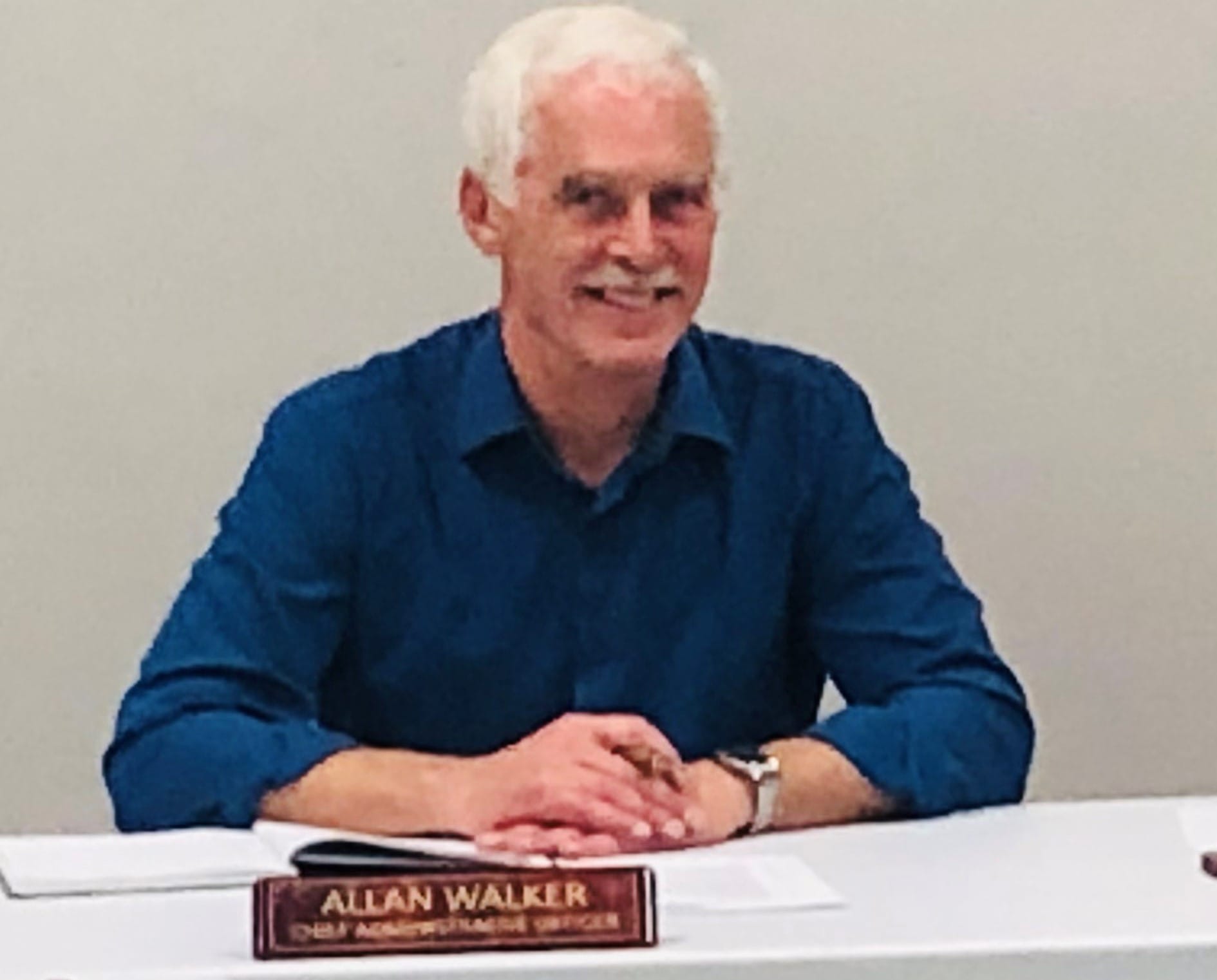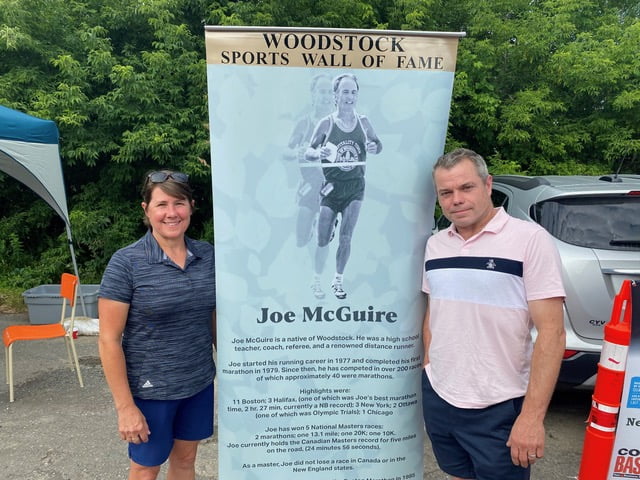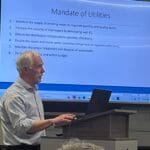Town council to get final approval of policy and procedure updates for planning advisory committee
Woodstock CAO Allan Walker unveiled a draft copy of the revamped planning advisory committee constitution to councillors during his CAO update at the Nov. 28 council meeting.
The new PAC constitution will update the committee’s policies and procedures.
Walker explained that the town’s planning staff and contracted consulting firm, Stantec, had developed the new constitution. He added that he and Planning and Development Director Andrew Garnett extensively reviewed the proposed updated constitution, and Mayor Trina Jones also examined it.
Walker said PAC members will get to recommend changes to the proposed draft before it’s returned to council members for final approval.
The CAO said each councillor received a copy of the proposed draft before detailing key elements of the proposed PAC constitution in open council.
Walker explained Section 1 of the constitution outlines PAC membership and structure, noting the council’s nomination process would appoint the committee’s eight members.
The current PAC includes seven appointees from the general public and one council position alternatively held by Councillors Jeff Bradbury and Will Belyea. While the draft constitution allows staff members to sit on the PAC, Walker explained that’s not the town’s intention at this time.
The current PAC includes Chair Peter Kavanaugh, Vice Chair Marlene Hassard, Garth McCrea, John Slipp, John Morrison, Kurt Young, Sarah Leech and either Bradbury or Belyea.
In response to a question from Coun Julie Calhoun-Williams, Walker explained the constitution doesn’t specify the number of committee members, allowing the town to change the number without amending the constitution.
The CAO explained that Section 3 of the draft outlines the scheduling of meetings, noting that the PAC will continue to hold regular meetings on the third Monday of each month.
Walker said the timing of meetings, which currently occur at noon, came under broad discussion. He said the consensus from applicants and members determined noon works better than nine in the morning or mid-afternoon.
However, Walker added that if the town anticipates significant public interest in an issue before the PAC, it could hold the meetings in the evening.
He said all PAC meetings will remain open to the public, although the constitution allows the committee to revert to private discussions on some issues. Still, all deliberations and decisions must take place in public.
Walker explained that discussions remain underway regarding agenda publication timing and public notices.
“We want to balance sufficient notice with the ability to respond to questions and still have it in a timely fashion,” he said.
Walker explained that the town will continue to deliver public notice by hand to residents and property owners within 100 metres of the property under review.
Walker said the town would use registered mail if unable to hand-deliver. He added that if the town deems it appropriate, it can expand the scope for hand delivery.
The public notice will clarify residents can advise the town and committee of concerns by email or letter. When possible, the public must provide advance notification if someone wants to address an issue at a meeting.
Walker stressed the public can only address the committee about matters on the agenda. While the town asks the public for advanced notice, it is not mandatory.
Walker explained that the public should not expect the committee to have answers to specific questions without prior notice of the issue.
“We want the public to be able to ask questions, but we don’t want someone asking questions at the last minute to delay a decision,” he said.
While the draft limits an address by applicants or the public to five minutes, Walker explained the committee has the right to extend that.
“We believe that balances our ability to conduct an orderly meeting with clear answers to questions, but still allows the public to speak to the committee about their concerns,” he said.
Walker said the PAC members control the timing of votes and whether to delay a decision for further information. He explained that the chair would ask the committee if it was ready to vote, but it could defer if the majority chose.
Walker also noted abstentions by committee members would be considered a negative vote on an issue unless the abstention is related to a conflict of interest.
The CAO explained the draft constitution also addressed the potential to create subcommittees, noting one subcommittee would serve as an appeals committee on issues related to the town’s recently updated Unsightly and Dangerous Property bylaw.
Mayor Jones noted the changes to the PAC constitution may require changes to the zoning bylaw as the town refines council and PAC roles.
“We have concerns that there may be too much flexibility in PAC,” she said. “We may want some issues to come back to council.”















